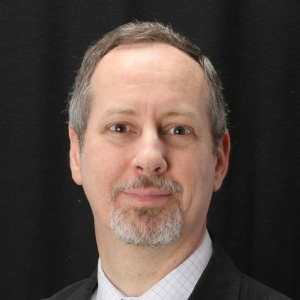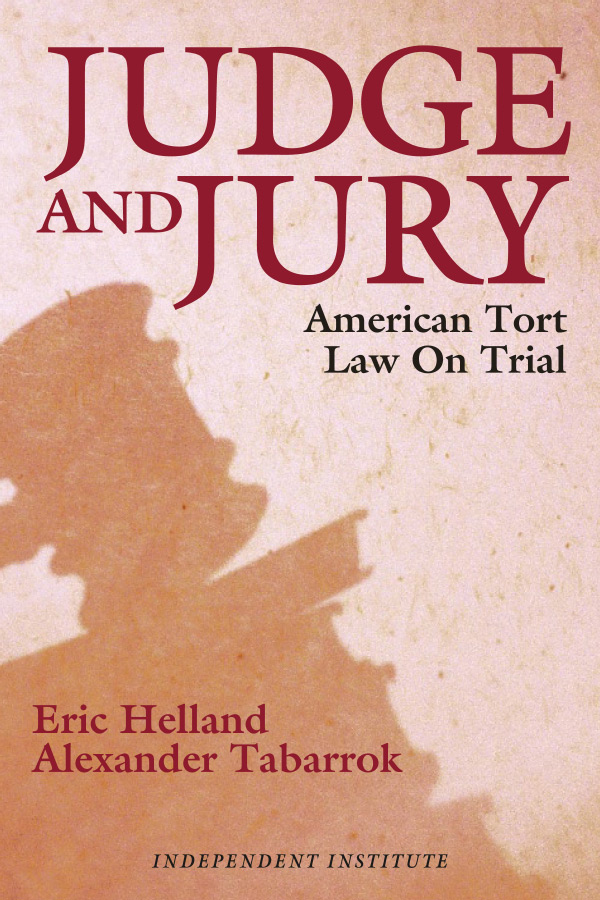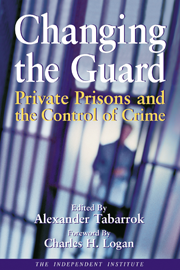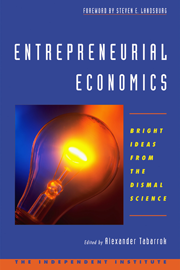A recurring criticism by Al Gore over the course of the three presidential debates was that George W. Bush’s proposed tax cut gives too much to “the Rich.” And each time Gore made this charge, Bush reacted as if mud had been slung and claimed that the Rich would actually pay a greater share of the tax burden. Whether this is true or not, Bush tries to sell his plan as a tax cut for all Americans, especially the poor and middle class. Of course, Gore says he is in favor of tax cuts too, but only for certain middle-class Americans who take advantage of his proposals—and definitely not for the Rich.
A tax cut for the middle-class, however, is double-speak for no tax cut at all because the Rich pay nearly all of the federal individual income tax. New IRS data released by the Joint Economic Committee shows that, in 1998, the top 1 percent of income earners, those with an annual income more than $250,000, paid a third of all federal individual income taxes. The top 5 percent paid more than half, 54 percent, of these taxes. If we define the Rich as the top 25 percent of all income earners—those earning more than $50,000 annually—then the Rich paid almost 83 percent of all federal individual income taxes.
The Rich pay more taxes not just because they earn more money but because tax rates are higher for the Rich. The Congressional Budget Office calculates that the top 1 percent of income earners face an effective tax rate that is more than 4 times higher than someone earning the median income. Because many people pay more in payroll taxes than income taxes, the tax burden is more equal when all taxes are considered. Even including other taxes, however, the Rich pay more especially when comparing taxes paid to benefits received.
Social Security, for example, is a terrible plan for most of today’s workers, especially young workers. A 45-year-old man earning an average salary would become more than $100,000 Richer if he were allowed to opt out of Social Security. But Social Security is an even worse deal for the Rich, who over their lifetimes are taxed hundreds of thousands of dollars more in present value than they will ever receive in benefits.
Do the Rich receive more in government services than others? Of course not. They get the same bloated, out-of-control federal government as the rest of us. With the exception of a few Ultra-Rich individuals who receive substantial gobs of corporate welfare, the Rich benefit less from government, because they rarely use services like welfare, unemployment insurance, or Medicaid.
Tax cuts for the Rich would also improve the nation’s economic efficiency. Reducing the bottom marginal tax rate from 15 percent to 10 percent, for example, won’t benefit the economy anywhere near as much as reducing the top rate from 39.6 percent to 35 percent. It’s taxes on the top-income earners that reduce work effort and lower economic growth.
Taxes on the Rich are high and have risen during the Clinton years. Instead of running from Gore’s charges, Bush’s response during the debates should have been that—as a matter of both fairness and efficiency—tax relief for the Rich is long overdue.












